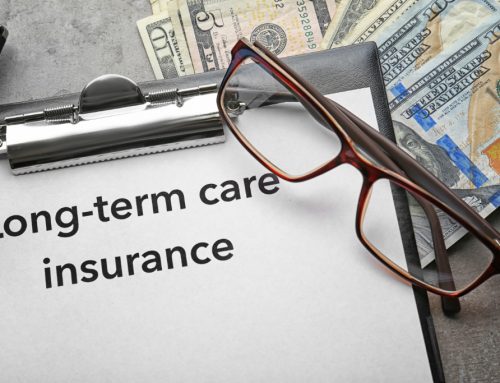In the past month, the Obama administration released the costs of many health plans, and rising health Insurance premiums is a pressing concern. Many parts of the country will experience a significant increase as customers begin shopping for new plans in the upcoming year.
Besides the political interests this caused, it is more concerning for the people who will be directly impacted by the increases. To understand whether this will affect your wallet, here are a few highlights of what the increase in premiums could mean for you.
Increasing rates
Yes, rates are going to increase in 2017. Estimates from the federal government show that the most popular Affordable Care Act (ACA) health insurance plan will increase by approximately 22% next year. This determination is based on analyzing data from 39 states where people use the government website to sign up. The District of Columbia and four other states were also reviewed.
Increases will affect individual insurance plans. People who buy their own health insurance will see the increase in premiums. However, the majority of people in the United States get health insurance coverage through their employer.
Employer-based health insurance plans are not directly impacted. Since the increases will impact individual insurance plan holders, employer-based coverage will not feel the cost difference. Additionally, Medicare, Medicaid, and Department of Veterans Affairs recipients are unaffected.
Basic Services
The health care law extends beyond the exchanges where people can buy insurance. Many new rules protect consumers from shallow coverage. Basic services are required:
• preventive care
• prescription drugs
• hospitalization
• checkups
• flu shot
• mammogram
Some people may think that they are paying too much. However, employer-based plans are experiencing smaller increases than in the past.
Switching Plans
People with subsidies can switch plans to avoid significant rising health insurance premiums. If you receive a subsidy and are willing to change plans, the big premium increase will not affect you. A large percentage of consumers who buy individual health insurance through the ACA receive subsidies, which help to significantly lower premium costs.
Not paying the full cost out-of-pocket helps you avoid the full brunt of what health insurance really costs. If there is a less expensive plan available in your market, the inevitable increases will not hit your wallet. The catch is you must be willing to switch carriers.
If you are not eligible to receive a subsidy, your costs will increase tremendously. Living in an area where price hikes are greatest will also make it tough to find affordable coverage. The best thing to do is look at all the available options to find something that does not stretch your budget too thin.
Finding a plan that is similar to the one you currently have as an individual policyholder is the ideal solution. Shopping around might be the only way to avoid paying for rising health insurance next year. Some insurance carriers have decided to leave certain markets.
As insurance carriers develop a firmer sense of who buys insurance and the type of policies preferred, the market should stabilize. Until then, premiums are subject to keep rising, and consumers will continue to switch plans for lower prices. Contact Herdon Carr for the best advice.
Herndon Carr
10501 Six Mile Cypress Pky #101
Fort Myers, FL 33966
239-939-1996






